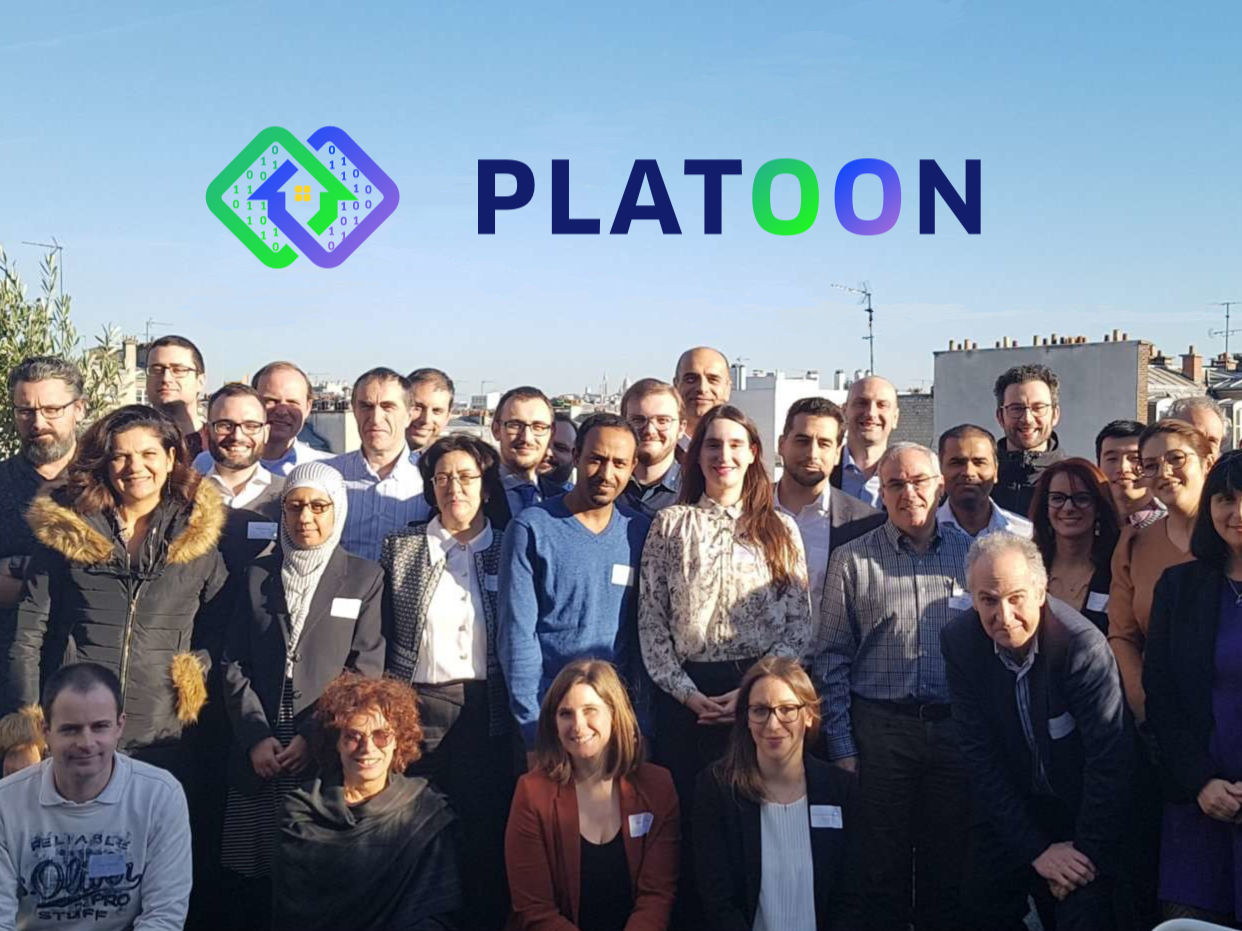Digitalising the energy sector with disruptive technologies How PLATOON brings a digital platform and analytics tools to the industry
While contributing to artificial intelligence, interoperability, data privacy and security, PLATOON adheres to the standards of the International Data Spaces Association (IDSA), aiming thus to realise the first IDS-compliant Data Marketplace for the Energy sector. The digitalisation of the energy sector enables higher levels of operational excellence with the adoption of disrupting technologies. The Energy Big Data framework of the modern smart energy networks provides the ideal ecosystem for knowledge exploitation from data. ENGIE is heavily invested in making zero-carbon transition possible for corporates and local authorities at a global scale. To implement this transition, ENGIE offers integrated solutions as a service in order to reduce energy consumption and improve energy efficiency. ENGIE coordinates the PLATOON project via its Lab CRIGEN. The ENGIE Lab CRIGEN is ENGIE Group's corporate center for R&D and forms part of the ENGIE Labs network. According to the Coordinator of the PLATOON Project, Dr. Philippe Calvez, Head of the Lab for Computer Science and Artificial Intelligence (CSAI Lab), the PLATOON project will allow ENGIE to reinforce the development of its ambitious strategy, to explore new business models, to develop interoperable smart solutions and advanced, embedded decision tools, while interacting with the stakeholders involved in this ecological and energy revolution. As stated by Erik Maqueda, Data Analyst at TECNALIA and Technical Lead of the project: “PLATOON will effectively integrate and enhance already existing digital platforms in the energy sector by developing an interoperability layer, data governance modules and an easy to use data analytics toolbox. This will enable a truly digitalised and integrated energy sector where data from various stakeholders is shared and exploited, thus enabling more efficient network management, increasing consumer participation and creating new data-driven business models and services.” PLATOON will deploy distributed edge processing and data analytics technologies for optimised real-time energy system management in a simple way for the energy domain. The data governance among the different stakeholders for multi-party data exchange, coordination and cooperation in the energy value chain will be guaranteed via a data governance framework, which complies with the standards of the International Data Spaces Association (IDSA). This exchange environment will be evolved into an open and trusted data marketplace enabling secure data exchange and the guarantee of data sovereignty, in line with the IDSA principles. The IDS framework formed by data containers, brokers and the market itself, as part of the PLATOON reference architecture, guarantees the data governance and secure transfer from data owner to technology provider. According to the Fraunhofer Institute for Intelligent Analysis and Information Systems (IAIS), the PLATOON project enables the application of innovative data architectures that can facilitate the merging and processing of distributed data owned by various stakeholders in a marketplace setup. Furthermore, the project will develop and use the flexible capabilities of the interoperable Comprehensive Architecture for Smart Grid (COSMAG) to build and deploy scalable and replicable energy management solutions. COSMAG enables interoperability of heterogeneous data sources, formats and interfaces, while guaranteeing data governance and security of multiple data owners and providers as well as ease of use by energy domain experts without deep mathematical knowledge. Via PLATOON’s well-established tendering process through open calls, the technology transfer to the market is systematically enabled. This presents a key opportunity to verify the actual business impact of the project, demonstrating the maturity and impact of novel technologies to energy agents, fostering the creation of an open ecosystem/market for advanced analytical solutions in Europe.



